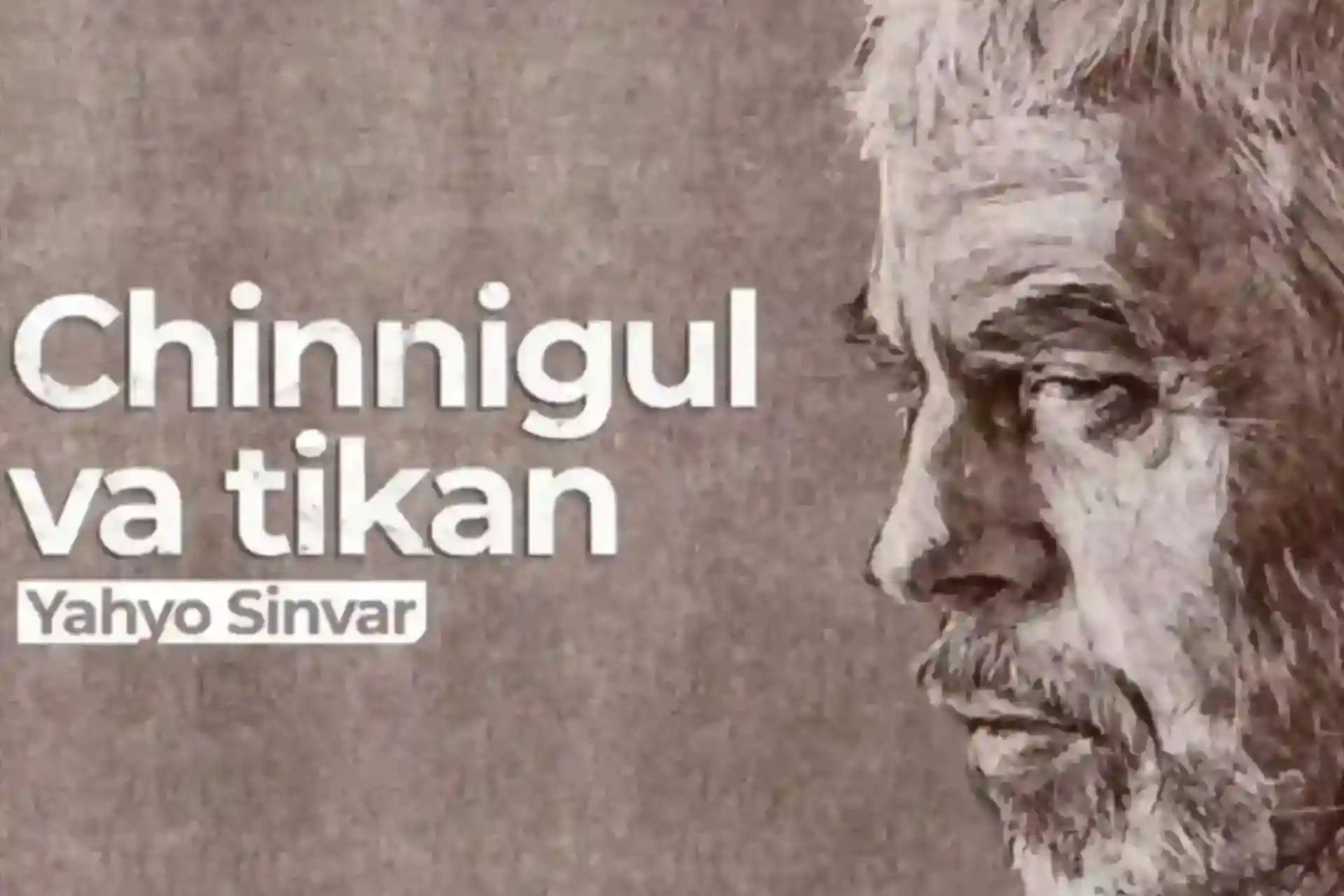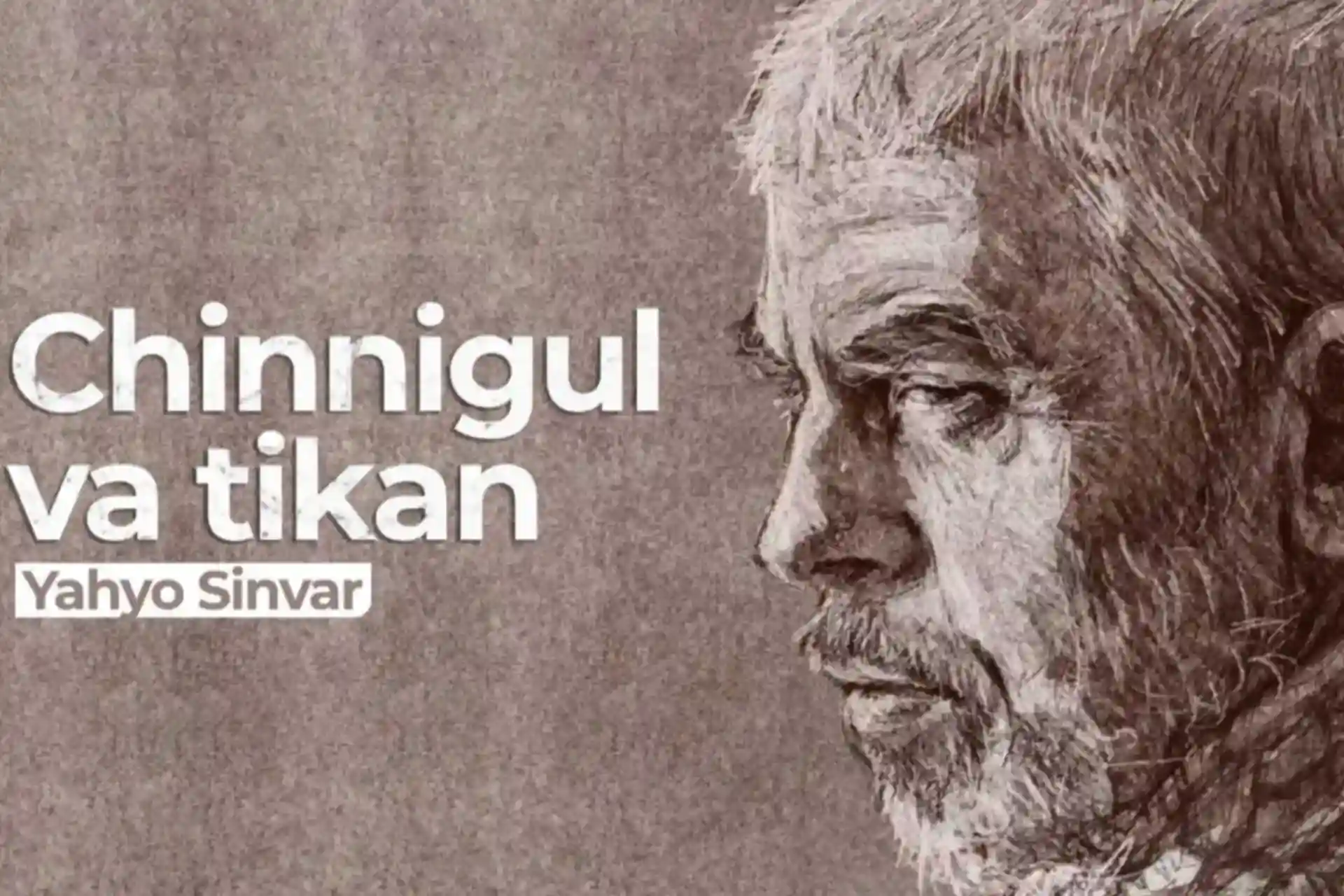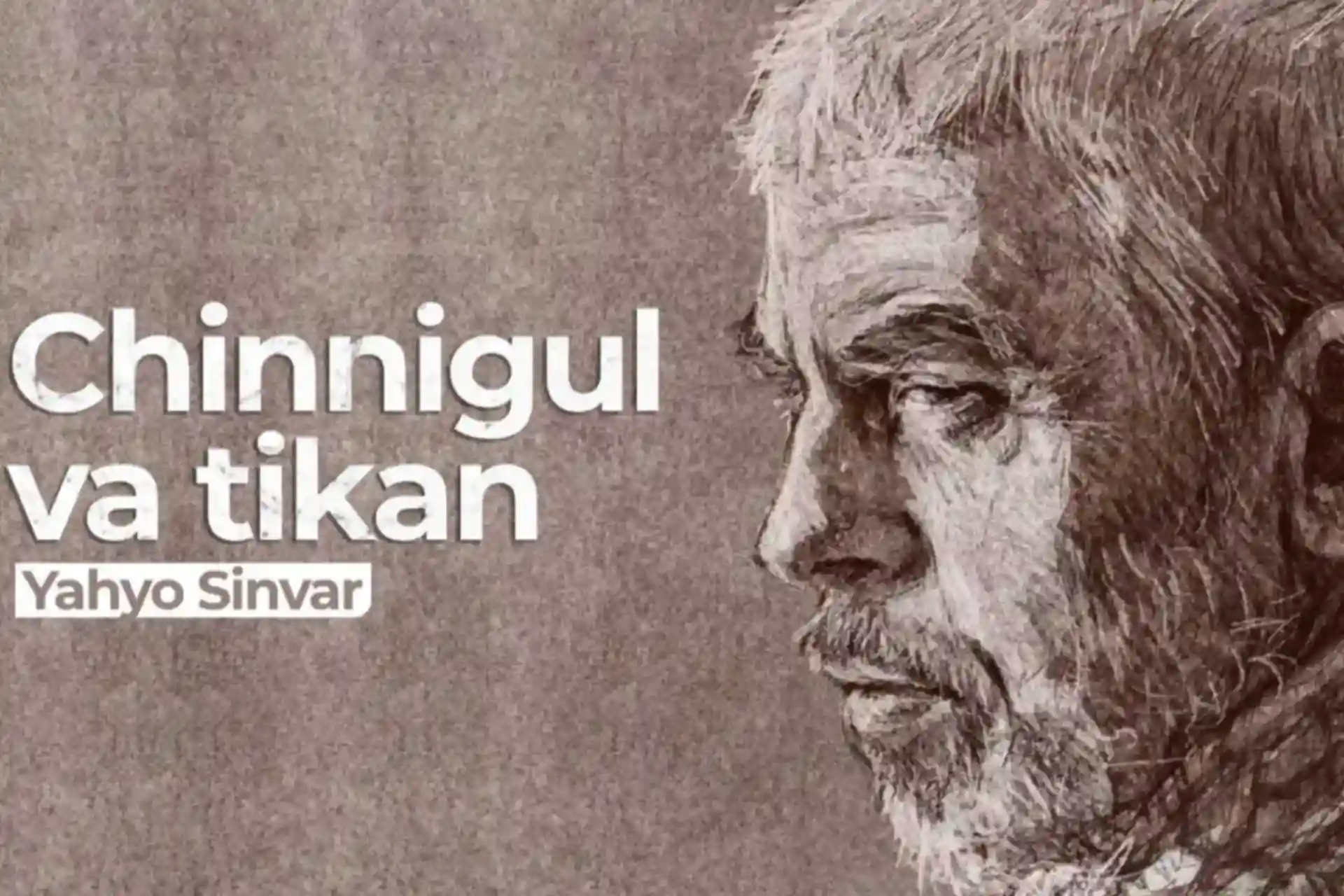06.04.2025 08:42
2062
"The Carnation and the Thorn" – Yahya Sinwar (story, part 41)
My cousin Ibrahim, who had just finished high school and was about to enter university, was faced with a choice between two universities on the coast. The third option was the recently opened Islamic University in Gaza, which had only twenty students. Only ten more had been admitted the previous year. However, the faculty of "Sharia" and "Usul ad-Din" had been joined by a faculty of "Arabic language". The future of this newly founded, illegal university remained uncertain. Its students would attend after lunch, after the students of the official university had finished their classes. Its teachers were teachers from the Azhar school.
Ibrahim also completed his studies in the blink of an eye, successfully passing the exam with a score of 91%. My mother talked to my brother Mahmud about Ibrahim's education at the university and advised him to enroll in Berezit University. That night, as we were sitting at the family table, Mahmud called Ibrahim to his room. He told him that he would be going to Rome in three days. Together, they submitted documents to Berezit University and announced that Muhammad would study with my brother.
Ibrahim said he was hesitant to apply to this university. My brother Mahmud told him:
"Do you think we can't afford your studies? If not, tell me, which university do you want to apply to?"
"I should probably submit it to the newly opened Islamic University in Gaza," Ibrahim said hesitantly.
My brother Mahmud was surprised:
— To the Islamic University! Are you talking about the Islamic University that opened inside the Azhar School?!
"Maybe... maybe," Ibrahim said.
My mother was listening to this conversation on the porch. She entered the room and began to speak:
— What's wrong with you, Ibrahim?! Are you avoiding studying at Berezit because of the cost? My son, you are also my son. What happens to one of you happens to both of you. Our sustenance is in the hands of the Creator! Are you also worried about that? Thank God, our economic situation is much better. That's it, I don't want to hear anything. You can hand it over to Berezit. That's it, goodbye.
My mother knew well that Ibrahim was a sensible, responsible young man. It was obvious that he did not want to burden our family. That is why she insisted on raising his embarrassment. Ibrahim burst into tears. He quickly wiped his tears and said:
"May God be pleased with you, my daughter-in-law! I don't want to leave Gaza."
My brother Mahmoud took out a stack of Jordanian banknotes from his pocket and handed them to Ibrahim:
"Here's enough money for the first semester, for tuition, and at least enough for us to go to Rome and have a little fun." Hold on, brother!
Ibrahim refused and pushed back my brother Mahmud's hand. My mother went limp:
"Hey, boy! Take it, I said! We want you to study with Muhammad at Berezit. You know what you're getting yourself into. Okay, send him to study whatever you want. Take it, my son!"
Ibrahim nodded and took the money. But he did not give up his decision to study in Gaza. Because studying in Gaza itself cost half the price of universities outside. He did not want to burden his family anyway. If he stayed in Gaza, he would have the opportunity to work outside of his studies.
Indeed, he transferred to an illegal university at Al-Azhar School and entered the "Arabic Language" faculty. He was the first to tell me about this. He told me to keep the remaining money and return it to my mother, saying that he was ashamed of what he had given. I did not take the money. I told him this at the time:
"Why are you bringing me into this? Don't bring me into this with the government, go and do it yourself."
And he:
"At least come in with me," he pleaded.
I got out and went into the kitchen. My mother was preparing food.
— Mom, you can congratulate Ibrahim — he was accepted to the Islamic University. He entered the faculty of "Arabic language".
My mother turned and looked at me. Before I could say a word, Ibrahim began to speak:
"Bride-in-law, may God be pleased with her! This is the extra money. I even got into school, thank God!"
My mother's eyes filled with tears. Her face showed a sense of pride. She took the money, but returned the five dinars and put them in her pocket, saying that she would need them too.
At that time, studying at an Islamic university was nothing but a source of pride. Only students who did not have the opportunity to study at other universities could study at this institution - a hidden institution in the same Azhar school, which students could go to after classes were released. In the first year of its opening, twenty students graduated from the faculties of "Sharia" and "Usul ad-Din", and about ten students from the faculty of "Arabic language".
Students took lessons in school classrooms. The teachers were also the teachers who taught at the school. Every day, just like at school, four or five lessons were taught in the same order. Ibrahim entered this educational environment. Compared to what he had heard from his brother Mahmud about the university in Egypt, and from Muhammad about the Berezit University, it was a completely different environment. But his decision was so firm that he saw no other way out so as not to burden his family.
At the same time, he had the opportunity to engage in trade. The fact that his studies took place after lunch opened doors for work opportunities. He knew very well that if he mentioned work in the family circle, he would be punished. Therefore, he would look for a way to work without angering his mother or offending his brother Mahmud.
One of his friends who attended the mosque worked in construction. That friend didn't like going to work in the occupied territories. So he stayed in Gaza and worked in construction, even if he earned little. Ibrahim told his friend that if he found a job, he would let him know and that he was ready to work. In short, he said that he could work as a helper until lunch.
When he got home, he told his family that he wanted to learn a trade from a friend in his free time, not to make money. No one could resist. Because my insightful cousin had conveyed it in a way that no one could refuse.
On workdays, he would leave early in the morning. If the apartment under construction was close to home, he would leave in his work clothes. He would arrive and put on his school clothes. If it was far away, he would take his school clothes and books with him. Depending on the situation, he would either change his clothes after work or be forced to go in his work clothes.
He worked from morning to evening on Fridays, only coming out for Friday prayers in between. Thus, Ibrahim began to cover his expenses almost entirely by himself. Soon, he even bought himself a bicycle to make it easier to get to work and study.
To be continued...



